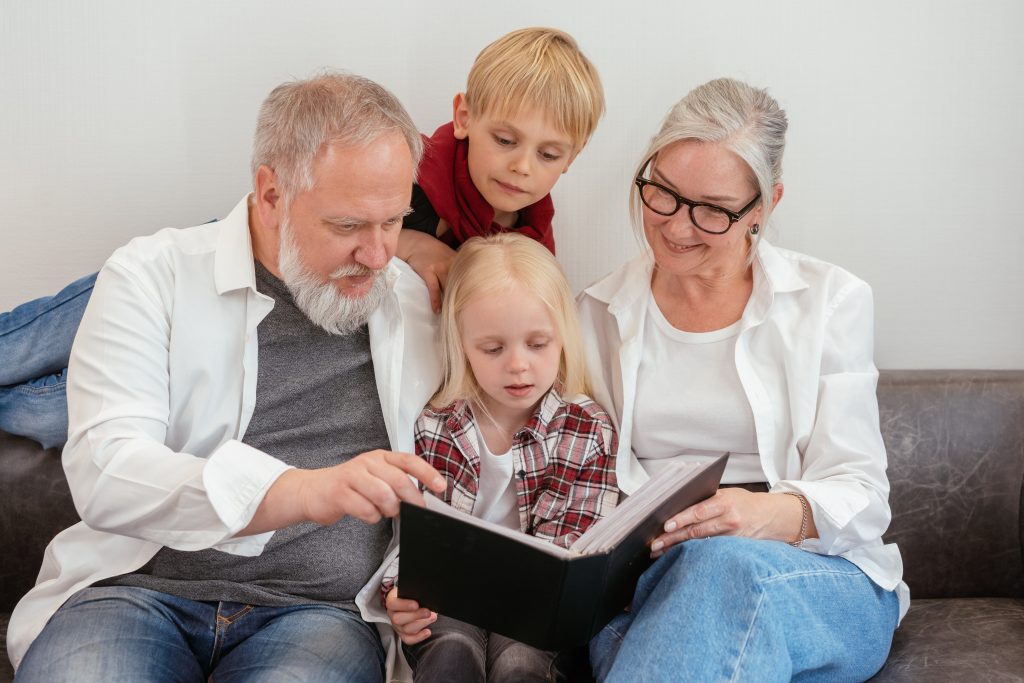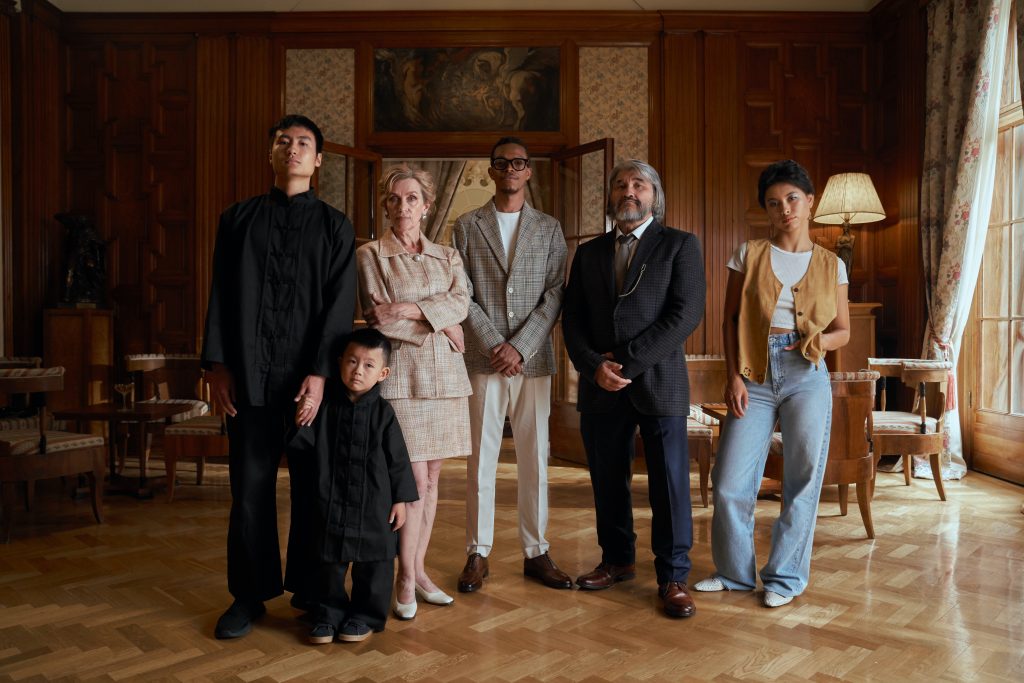A person who dies without a Will is said to have died “intestate”. An unfortunate consequence of dying intestate in New South Wales is that the deceased‘s testamentary wishes are not considered. Their preferences are not respected in distributing the deceased estate, with no provision for those who are not recognised under succession law.
In NSW, the deceased’s estate is distributed according to intestacy rules set out in the Succession Act 2006.

Who Inherits?
When someone dies intestate in NSW, the Supreme Court of New South Wales is empowered to provide letters of administration authorising an administrator to distribute the estate assets. They will be distributed principally to any next of kin, specifically the spouse and “issue” (children) of the deceased. If at the deceased’s passing they were married or in a de facto or domestic relationship, regardless of whether the deceased and their current spouse had children, their spouse will inherit the whole estate (following the discharge of any liabilities).
However, when the deceased has a spouse and children from another relationship, the spouse inherits:
- the deceased’s personal effects
- a CPI-adjusted statutory legacy, and
- half of the remaining estate
with the remainder being distributed to the children.
Any property that was held by the deceased as a joint tenant (e.g. the marital home) will automatically transfer to the surviving joint tenant.
Who is included in the definition of ‘spouse’?
The definition of ‘spouse’ in the Succession Act 2006 includes anyone in a marriage or domestic partnership (including de facto and registered partnerships) with the deceased. Generally, for a surviving partner’s relationship with the deceased to be considered a de facto relationship:-
- It must have been for a period of at least two years; or
- there must be a child of the relationship.
An estranged spouse to a marriage who is separated but not divorced from their spouse when they pass away is considered legally married, entitling them to inherit the deceased spouse’s estate.
Dying intestate in NSW complicates the inheritance process for parties to a domestic relationship, but a de facto spouse or genuine domestic partner who can prove their relationship status to the Court will ultimately inherit. Factors the Court considers in ascertaining the existence of a genuine domestic relationship include:-
- the length of the relationship;
- the level of shared responsibility for household duties and childcare;
- the extent of financial interdependence;
- whether the couple cohabitates full time; and
- whether there is a sexual relationship.
The Court will also consider more abstract concepts such as whether the parties were accepted by the community as an established couple and the level of commitment between them.
Who is included in the definition of “issue”?
The deceased’s issue often inherits an intestate estate. Under succession law, the term “issue” includes both biological and lawfully adopted children. A biological child and an adopted child have identical rights to inherit an equal portion of an intestate estate. All biological children, including those of unmarried parents, are entitled to inherit from a deceased’s estate. However, a parent dying intestate may require a biological child to provide the Court with evidence of paternity.
What if there Is no spouse or issue?
If an intestate deceased had no issue or spouse, a legislated order of succession determines which other relatives inherit. First in line to inherit are the deceased’s parents, followed by any siblings, then nephews and nieces, grandparents, uncles and aunts, and finally cousins. If no eligible relation is identified, the deceased’s assets are inherited by the state.
Dying Intestate in NSW means that someone else will decide who inherits your estate. But if you make a Will, you can decide how your estate is distributed. You may wish to ensure that your estranged spouse does not inherit, and you may wish to leave gifts to a favourite charity or to close friends. Making a Will also gives your loved ones clear instructions on your preferences and wishes, lessening their burden after your death.

Contact us if you want to ensure that you control the distribution of your assets after your passing, or if you have any questions about the consequences of dying intestate in NSW.




